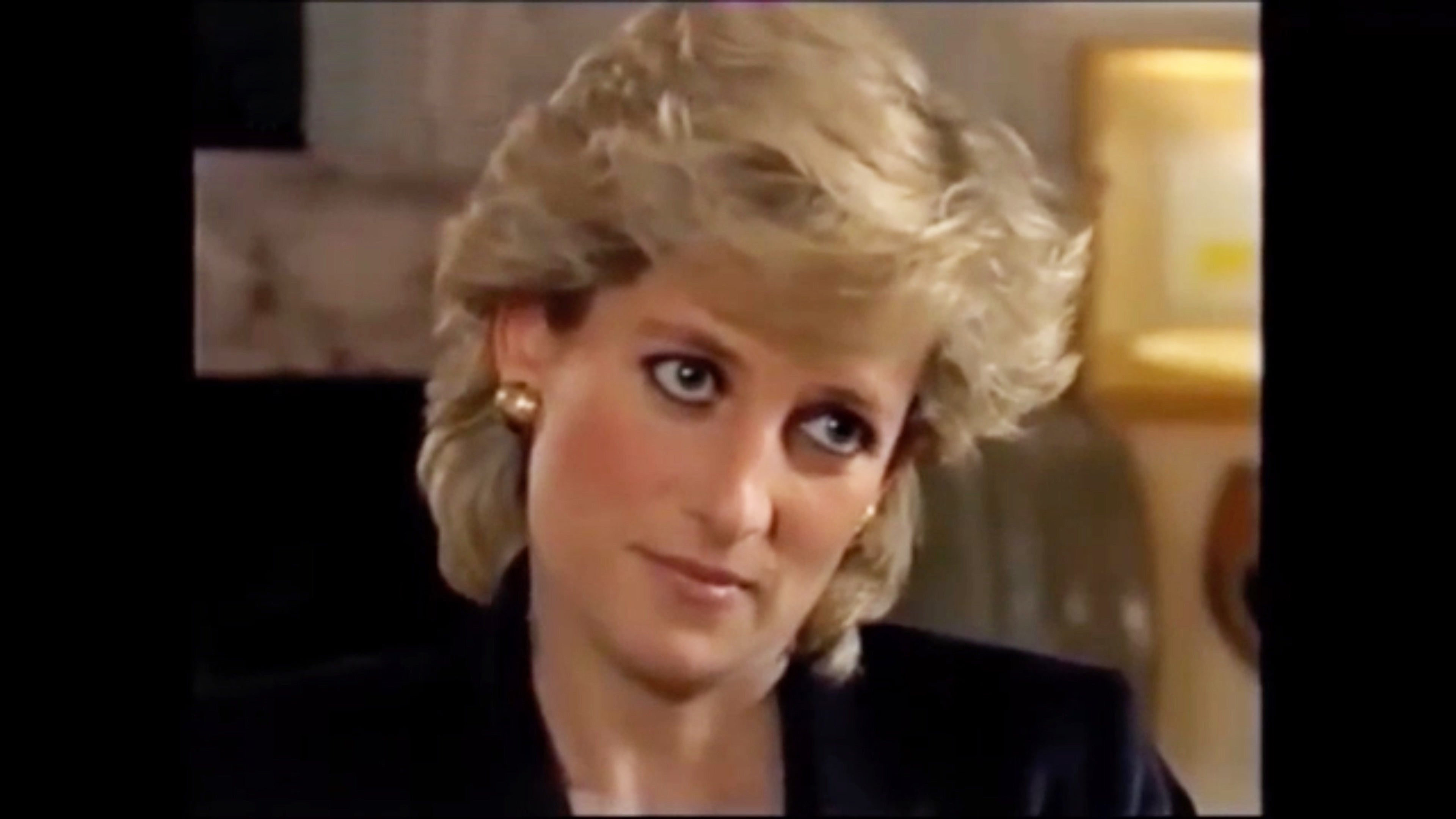The Diana Interview – Revenge of a Princess, review: It’s a slog before the mini bombshell is dropped
This two-part documentary tells the inside story of Princess Diana’s 1995 interview with Martin Bashir

Your support helps us to tell the story
From reproductive rights to climate change to Big Tech, The Independent is on the ground when the story is developing. Whether it's investigating the financials of Elon Musk's pro-Trump PAC or producing our latest documentary, 'The A Word', which shines a light on the American women fighting for reproductive rights, we know how important it is to parse out the facts from the messaging.
At such a critical moment in US history, we need reporters on the ground. Your donation allows us to keep sending journalists to speak to both sides of the story.
The Independent is trusted by Americans across the entire political spectrum. And unlike many other quality news outlets, we choose not to lock Americans out of our reporting and analysis with paywalls. We believe quality journalism should be available to everyone, paid for by those who can afford it.
Your support makes all the difference.Just so I don’t repeat the cardinal error of this long-winded documentary The Diana Interview: Revenge of a Princess (ITV), I’ll come straight to the point. The journalist, Martin Bashir, who got the famous “three of us in this marriage” BBC Panorama interview with Princess Diana in 1995, allegedly forged bank statements in order to inveigle her into cooperating. According to reports that will presumably form the basis of episode two of this documentary, they were designed to persuade her that the palace was snooping on her.
The kernel of the film is the testament of the Panorama interview’s graphic designer Matt Wiessler who was reportedly asked by Bashir to rustle up the fake documents that allegedly show payments for surveillance. “Speaking for the first time”, as the voiceover solemnly announces, Wiessler tells us: “Martin asked me to make up a couple of bank statements that he needed the following day. And he did say they were going to be used as copies. So on that night, I was just making some props for filming purposes”.
Wiessler now wants to clear his name, saying he was made a scapegoat by the BBC. I can’t say I’d ever heard of him before, even though I had the pleasure of working at the BBC at the time and knew Bashir and the Panorama team. Wiessler hasn’t figured in recent news coverage, dominated by Bashir’s role and the anger of Earl Spencer, Diana’s brother. Bashir himself is unable to give his side of the story, as he is sick with Covid, and the BBC say they’ll look into it, although it was all a long time ago.
Maybe we’ll learn more about “the most important TV interview of the twentieth century” next week, but I must confess to feeling a bit underwhelmed by it so far. You have to slog through the standard Charles and Di fairy tale to the horror story for about 40 minutes before Wiessler delivers his micro-mini bombshell.
Even with a good cast of talking heads and archive that now looks vintage, it’s a very familiar story told by the usual suspects: Paul Burrell, Jenny Bond, Wesley Kerr, Kelvin Mackenzie, Richard Kay, Andrew Morton, and so on. The various anecdotes about William and Harry and her bulimia are very well worn these days. It’s always a delight to listen to the tapes dubbed “squidgygate” – when James Gilbey refers to Diana as “squidgy” or “squidge” in a phone chat – and “Camillagate” that shed light on the relationship between Charles and Camilla Parker Bowles, but you don’t learn much that’s new.
The most dispiriting bit is a sequence where the narrator has to explain to a new generation how powerful newspapers were before the internet like they are prehistoric monsters, which I guess they are.
The other problem is more serious. As it is made perfectly clear in the documentary, Diana was very keen to go on the record after Charles had already given a revealing, though not entirely candid, interview to Jonathan Dimbleby. Diana had, before that, had her “true story” written up sensationally by Morton, and, as Bond explains, in a fresh revelation, Diana had to speak out before the divorce settlement put a gagging order on her. So Bashir had no need to get up to any subterfuge, real or supposed, to secure his career-making scoop. She wanted revenge, but, like the stuff about the Prince of Wales wanting to be Camilla’s Tampax, we knew that and didn’t need reminding.



Join our commenting forum
Join thought-provoking conversations, follow other Independent readers and see their replies
Comments